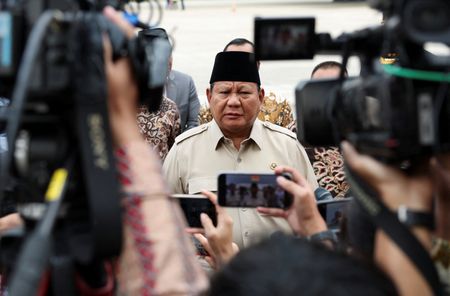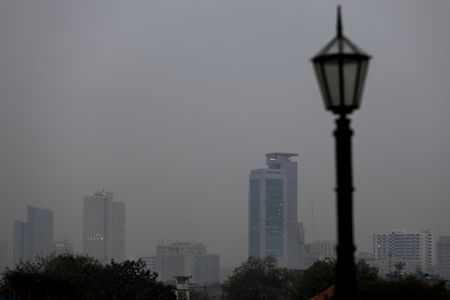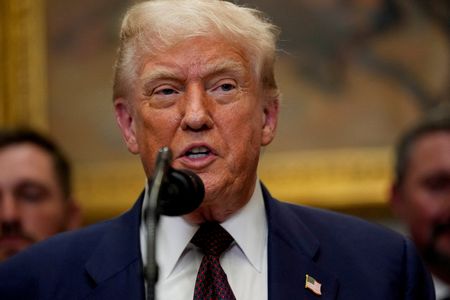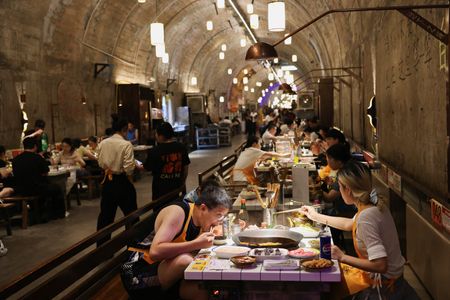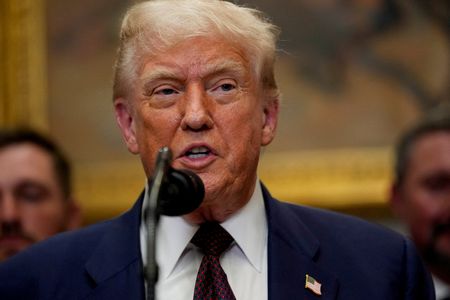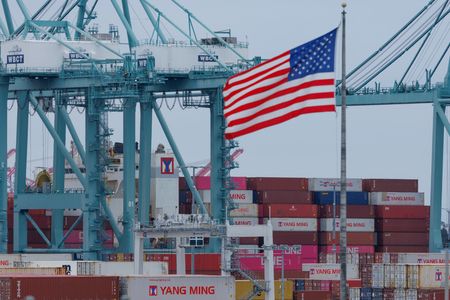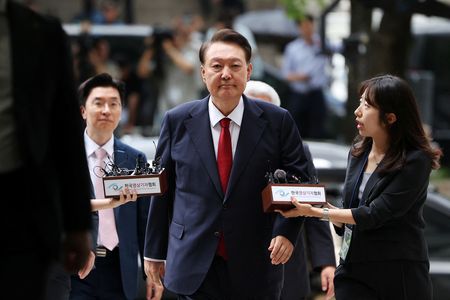By Ananda Teresia
JAKARTA (Reuters) -Indonesia’s President Prabowo Subianto pardoned two political rivals, a former trade minister and a senior politician from an opposition party a few weeks after both were sentenced to jail, officials said.
Prabowo granted amnesty to Hasto Kristiyanto, the secretary general of parliament’s largest party, the Indonesian Democratic Party of Struggle (PDIP), Law Minister Supratman Andi Agtas said late on Thursday in a news conference broadcast by local media, after meeting the House’s deputy speaker.
Hasto was sentenced to 3-1/2 years in prison last week for bribing an election official but the amnesty revokes his sentence though his conviction will still stand.
The president also granted an abolition for Thomas Trikasih Lembong, a trade minister under President Joko Widodo who was sentenced to 3-1/2 years in prison for improperly granting sugar import permits, Supratman said in the news conference.
The abolition means, Lembong, who was the campaign manager of Prabowo’s rival candidate in last year’s presidential election, is acquitted of the charges and his sentence.
Prabowo granted the clemencies as the government sees the need to unite all political elements and as part of Indonesia’s independence celebrations in August, said Supratman.
“We need to build this nation together, with all the political elements … And both have contributed to the republic,” Supratman said.
It is common for the Indonesian president to give pardons ahead of the national independence day on August 17. The amnesty for Hasto was among the pardons given to more than 1,100 other people, Supratman added.
Lawyers for Hasto and Lembong did not immediately respond for Reuters’ request for comments.
Under Indonesian law, the president has the authority to give amnesty and abolition but it requires approval from the parliament, said Bivitri Susanti from Indonesia’s Jentera School of Law.
Still, she said the amnesty given to Hasto was rather “political” to gain support from the largest opposition party in the parliament while for Lembong, the government is responding to growing protests from the public over his sentence.
Other observers were concerned the pardons undercut efforts by the judiciary to deal with corruption in a country where concerns about graft and government misconduct are high.
“It shows that the government could intervene in law enforcement, make it as a political bargain,” said Muhammad Isnur from rights group Indonesian Legal Aid Foundation.
(Reporting by Ananda Teresia; Editing by Christian Schmollinger)

